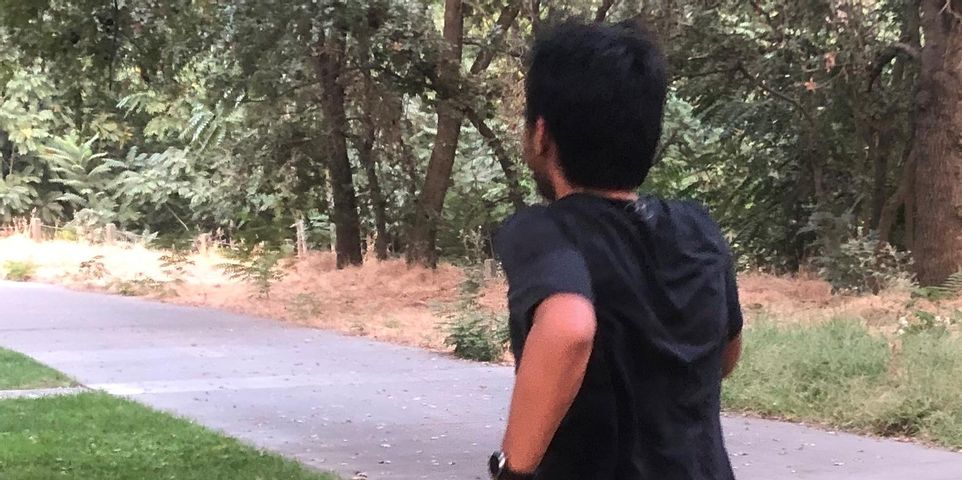The Link Between Dehydration & Sports Injuries

From your skin to the liver, the cells throughout your body use water to function. As you breathe, perspire, and urinate, your body loses some of this H20. When you exercise, you’re breathing and sweating at a much faster rate, which is why it’s crucial to replenish your fluids along the way. Here’s a closer look at how dehydration can lead to sports injuries and how you can prevent this nutrient shortage.
How Dehydration Affects Athletic Performance
As you raise your heart rate on the treadmill or in the lap pool, your body will start to shed its water supply to keep you cool. However, once you’ve released 2% of your body weight in sweat, you’ll become dehydrated, and your body and mind will start to work less effectively.
Your blood will decrease in volume as your blood sugar is consumed for energy, which will limit the amount of oxygen that can reach your organs. You may also start to overheat, which will lead to even more glucose consumption and cause your muscles to feel fatigued.
 You may experience feelings of confusion or light-headedness, which can increase your risk of a misstep and subsequent sports injuries. If dehydration persists, you may start to experience gastrointestinal problems, like diarrhea and vomiting.
You may experience feelings of confusion or light-headedness, which can increase your risk of a misstep and subsequent sports injuries. If dehydration persists, you may start to experience gastrointestinal problems, like diarrhea and vomiting.
How to Prevent Dehydration
To prevent dehydration, consume the base amount of H2O required by your body each day. Men over 18 need at least four liters per day, while women need around three.
If you’re participating in intense exercise, you'll also need to replace whatever water you lose. When exercising, stop every 20 minutes for a water break and check in with your body to see how you feel. When you’re done working out, drink a full glass of water, and focus on eating foods that contain water, such as cucumbers, apples, and tomatoes.
If you’re looking for a doctor who can help regulate your water intake, reach out to Peter A. Matsuura, M.D. in Hilo, HI. Dr. Matsuura has helped patients treat their sports injuries and find solutions to fuel their active lifestyles for over 23 years. Visit the website to learn more about his services, or call (808) 969-3331 to schedule a consultation.
About the Business
Have a question? Ask the experts!
Send your question

